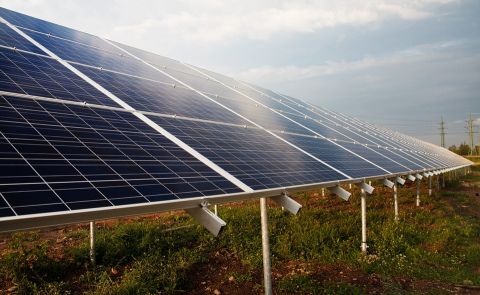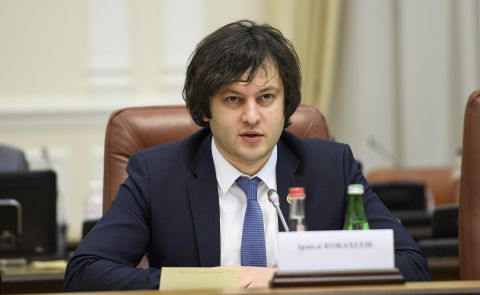
Estonia, Latvia, and Lithuania Impose Additional Sanctions on Georgian Officials
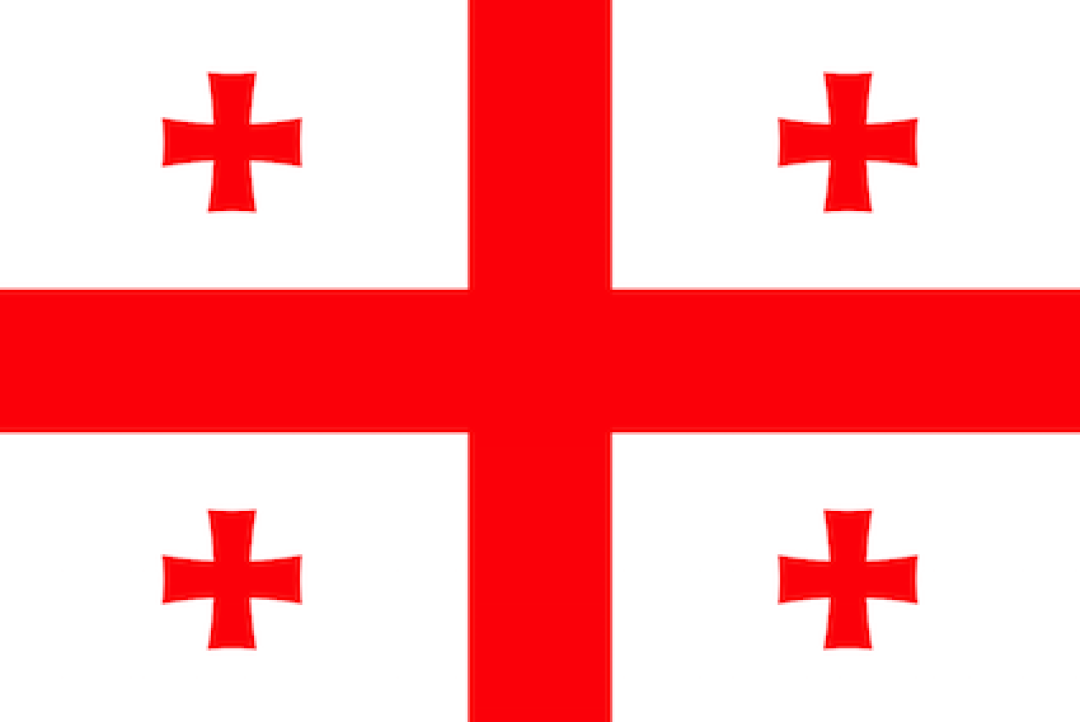
On April 15, Estonia, Latvia, and Lithuania imposed new sanctions on individuals involved in human rights violations in Georgia, targeting officials accused of enforcing repressive measures under the ruling Georgian Dream party.
Estonian Foreign Minister Margus Tsahkna stated that Estonia had sanctioned 55 individuals, including judges, prosecutors, police officers, police commissioners, members of parliament, and media platform creators, for their roles in suppressing protests and judicial crackdowns in Georgia. Lithuanian Foreign Minister Kęstutis Budrys announced that Lithuania had added 74 individuals to its blacklist, reaffirming Lithuania’s position by stating, “We stand with the people of Georgia in their pursuit of democracy and a European future.” Latvian Foreign Minister Baiba Braže revealed that Latvia had imposed sanctions on 16 Georgian citizens by designating them as persona non grata. “I have added 16 Georgian citizens to Latvia’s persona non grata list, banning them from entry into Latvia for an indefinite period. This decision was made in accordance with Section 61(2) of the Immigration Law,” Braže stated. [Ref web ID: 5]
The turning point came in late 2024 when Georgia’s ruling party, Georgian Dream, proposed a “foreign influence” law requiring NGOs receiving significant foreign funding to register as “foreign agents.” This move drew sharp criticism from Western governments, including the Baltic states, who viewed it as incompatible with European norms and values. Further tensions arose when Georgia announced the suspension of EU accession negotiations until 2028, a decision that contradicted its constitutional commitment to EU membership and sparked widespread protests. The Baltic states’ response reflects deep concern over Georgia’s political trajectory, highlighting a broader disillusionment with its democratic backsliding.
See Also

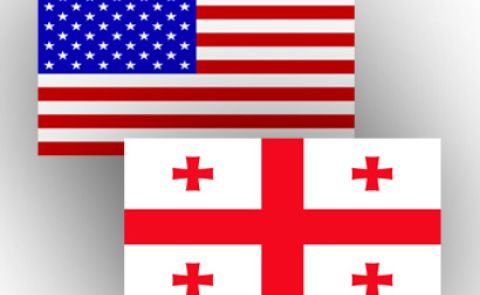
Kobakhidze Meets US Senator Daines to Discuss Bilateral Relations
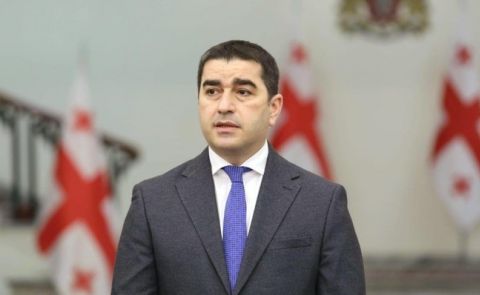
Georgian Speaker Condemns Embassy Travel Warnings as Economic Attack
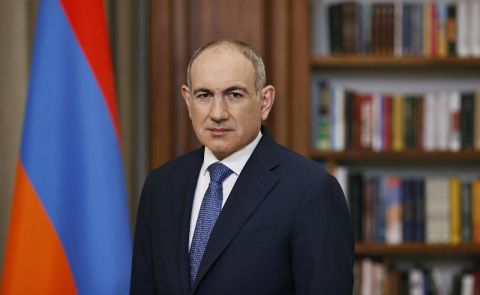
Political Crisis Deepens Between Armenian Government and Apostolic Church After Pashinyan’s Remarks
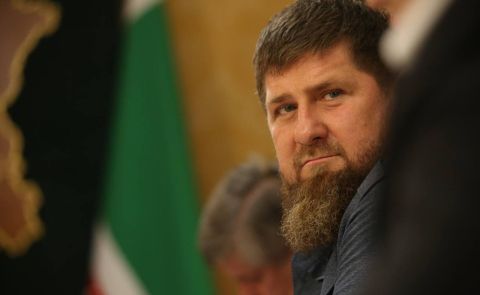
Ramzan Kadyrov Awards Title to Ingush Businessman
